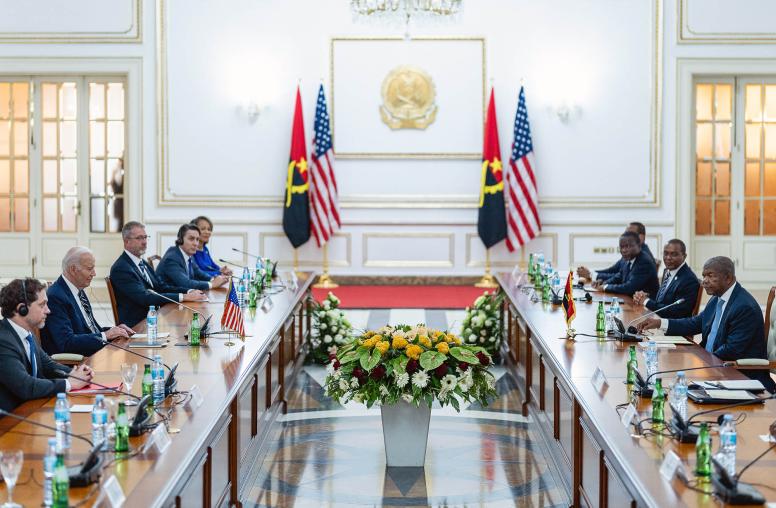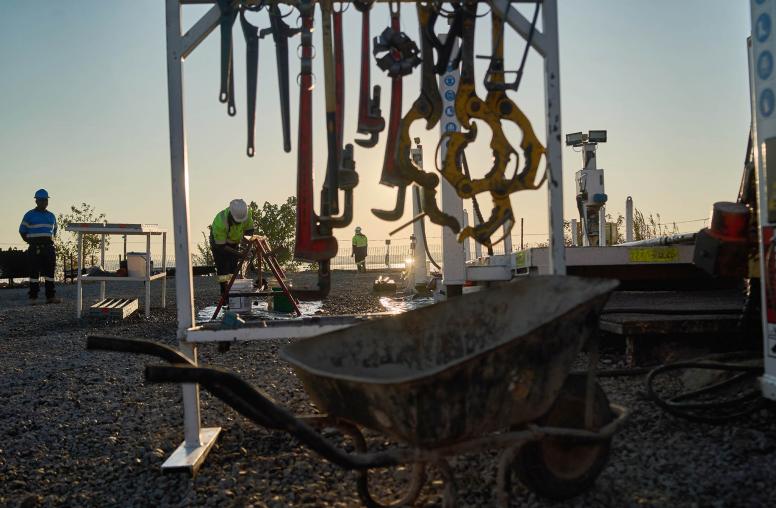NGOs and the Peace Process in Angola
A United States Institute of Peace team spent time in Angola in February to explore how Angolan and international nongovernmental organizations (NGOs) can promote reconciliation in Angola as part of the postwar peace process. The recommendations the team prepared are directed primarily at Angola but could apply to other countries engaged in peacebuilding.

Summary
A United States Institute of Peace team spent time in Angola in February to explore how Angolan and international nongovernmental organizations (NGOs) can promote reconciliation in Angola as part of the postwar peace process. The recommendations the team prepared are directed primarily at Angola but could apply to other countries engaged in peacebuilding. On November 20, 1994, the National Union for the Total Independence of Angola (UNITA) and the Angolan government signed the Lusaka Protocol, which provided for a ceasefire, the integration of the two armies, and a government of national unity at central and provincial levels. The implementation of the Lusaka Protocol, which has been slow and uneven, has occurred at the higher official levels involving military structures and government leadership, but practically no attention has been given to the promotion of reconciliation at the middle and grassroots levels of society. This is a gap that NGOs need to address. The most serious barrier to the promotion of reconciliation at the middle and grassroots levels is the fact that Angola is still a divided country with very little travel permitted across the demarcation lines. Human contact across these borders could help build peace. In addition to free movement, both government and UNITA authorities must also permit free expression and free assembly if NGOs are to promote reconciliation effectively and if civil society is to emerge.
The report contains a detailed set of suggested activities that could be organized by either Angolan or international NGOs to promote peace and reconciliation. This list includes the following:
- Organize joint training programs and development projects that bring together local groups from the two opposing sides.
- Use the media to promote peace, in part by training journalists.
- Undertake policy analysis of constitutional, economic, and educational issues to ensure that future government policies promote reconciliation.
- Develop a corps of trained mediators to mediate local and national disputes.



